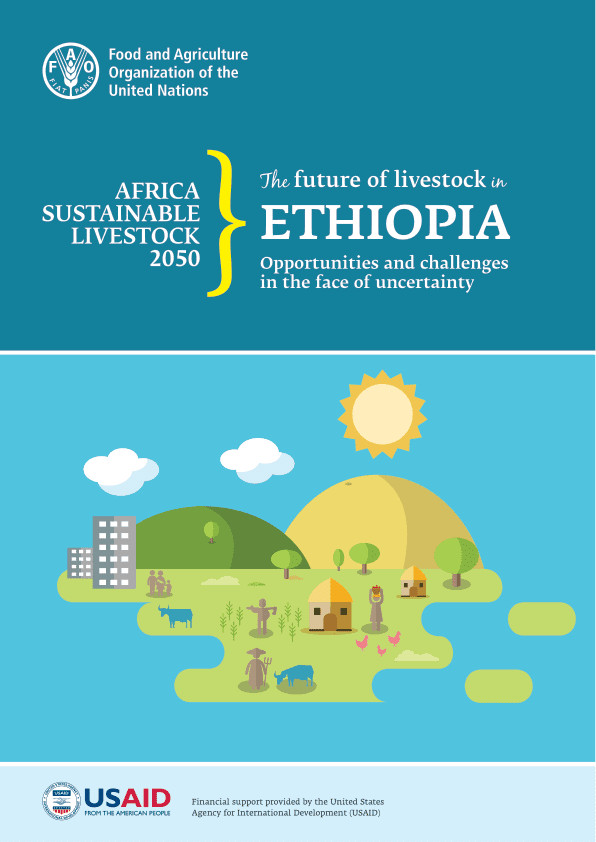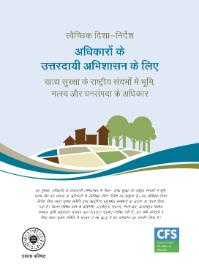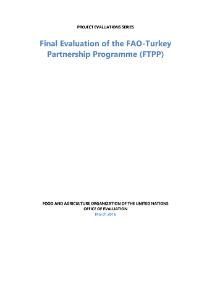Focal point
Location
The Food and Agriculture Organization of the United Nations leads international efforts to defeat hunger. Serving both developed and developing countries, FAO acts as a neutral forum where all nations meet as equals to negotiate agreements and debate policy. FAO is also a source of knowledge and information. We help developing countries and countries in transition modernize and improve agriculture, forestry and fisheries practices and ensure good nutrition for all. Since our founding in 1945, we have focused special attention on developing rural areas, home to 70 percent of the world's poor and hungry people.
Members:
Resources
Displaying 91 - 95 of 5074Measuring Individuals’ Rights to Land; An Integrated Approach to Data Collection for SDG Indicators 1.4.2 and 5.a.1
Land is a key economic resource inextricably linked to access to, use of and control over other economic and productive resources. Recognition of this, and the increasing stress on land from the world’s growing population and changing climate, has driven demand for strengthening tenure security for all. This has created the need for a core set of land indicators that have national application and global comparability, which culminated in the inclusion of indicators 1.4.2 and 5.a.1 in the Sustainable Development Goals (SDGs) agenda.
The future of livestock in Ethiopia
The future of livestock in Ethiopia
राष्ट्रीय खाद्य सुरक्षा के संदर्भ में भूमि, मत्स्य पालन और वन के कार्यकाल के जिम्मेदार शासन पर स्वैच्छिक दिशानिर्देश
दिशानिर्देश, कार्यकाल पर पहला व्यापक, वैश्विक उपकरण है और इसके प्रशासन को अंतरसरकारी वार्ताओं के माध्यम से तैयार किया जाना है। दिशानिर्देशों ने सिद्धांतों, और भूमि, मत्स्य पालन और जंगलों के उपयोग और नियंत्रण के लिए जिम्मेदार प्रथाओं के अंतरराष्ट्रीय स्तर पर स्वीकृत मानकों को निर्धारित किया है। वे नीति, कानूनी और संगठनात्मक ढांचे में सुधार के लिए मार्गदर्शन प्रदान करते हैं जो कार्यकाल के अधिकारों को विनियमित करते हैं; कार्यकाल प्रणालियों की पारदर्शिता और प्रशासन को बढ़ाने के लिए; और सार्वजनिक निकायों, निजी क्षेत्र के उद्यमों, नागरिक समाज संगठनों और कार्यकाल औ जिक और आर्थिक विकास के अधिकार की
Final Evaluation of the FAO-Turkey Partnership Programme (FTPP)
This evaluation assessed strategic positioning of the first phase of the FAO-Turkey programme, its results and contributions, sustainability, as well as coherence and catalytic effects. It noted that the programme facilitated a beneficial collaboration between the Turkish Government and regional and international experts. It however found that the absence of a real results-oriented design has led to the lack of programme coherence, with the outputs and outcomes not leading to the goals initially envisaged for the programme.










